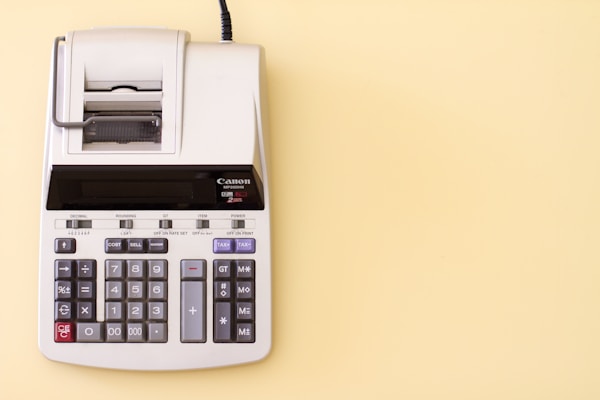Financial fraud is an ever-present threat to businesses of all sizes and industries. Business owners must remain vigilant in order to detect and respond to fraudulent activities in a timely and effective manner. In this article, we discuss how business owners can detect and respond to financial fraud. Keep reading to learn more.
Establish a system to detect financial fraud.

Establishing a system to detect financial fraud is an important step that business owners can take in order to protect their company. Fraudulent activity can come in many forms, from skimming cash or falsifying documents to money laundering and check-kiting schemes. Therefore, it is essential for business owners to have measures in place that will help them identify any suspicious transactions before they become too costly. One of the most effective tools for detecting fraud is data analytics. By analyzing large amounts of transaction data using advanced algorithms, businesses can uncover patterns and anomalies that may indicate fraudulent activities. Additionally, companies should consider establishing internal controls such as segregation of duties and regular reviews of accounting records which will provide additional checks and balances against fraudulent behavior by employees or third parties. Businesses should also be aware of potential red flags such as sudden changes in spending habits or unusual vendor payments which could signal deceptive activity taking place within the organization’s finances.
Utilize technology solutions to automate your anti-fraud processes.
As technology continues to evolve, so do the methods used by criminals looking to perpetrate fraudulent activity. To combat this issue, business owners should consider utilizing technology solutions to automate their anti-fraud processes. Automating these processes can help reduce manual labor and free up time for employees to focus on other important tasks. Additionally, automation can provide consistent results as it uses pre-defined criteria that allow businesses to quickly detect potential fraudulent activity. For example, automated software could identify discrepancies between accounts receivable and accounts payable or analyze customer transactions for any unusual patterns or anomalies that may indicate suspicious activity. This type of analysis would be impossible if done manually due to its complexity and the sheer volume of data that must be processed in order for accurate results to be obtained. Furthermore, automating your anti-fraud processes also allows you to easily keep track of changes within your system in real-time which enables you to take action immediately if necessary instead of waiting days or weeks for reports from manual audits which are often outdated by then anyway because the information has changed since then.
Seek out forensic accountants if you suspect fraudulent activity.

Forensic accounting is an important tool to detect and respond to financial fraud. By combining investigative skills with accounting knowledge, forensic accountants are able to identify suspicious transactions and patterns that may indicate the presence of fraudulent activity. Forensic accountants can analyze bank statements, invoices, and other financial records in order to determine if any discrepancies exist between what has been reported on the company’s books and what is actually happening with the funds. They can also review internal controls such as access restrictions, segregation of duties, audit trails, authorizations for payments or changes in accounts receivable balances—allowing them to uncover any areas where fraud might be taking place. By identifying potential red flags of fraud within a business’s finances before it becomes too entrenched or costly for the organization, proactive business owners can take action quickly and effectively against perpetrators of financial deceit.
As a business owner, it is important to be aware of the potential for financial fraud. Financial fraud can take many forms and can have serious consequences if not detected and addressed early on. Thankfully, a banking & finance attorney can help identify areas of risk and provide advice on how to prevent or respond to fraudulent activity within your organization. A banking and finance lawyer will be able to provide expertise in a variety of matters related to financial fraud prevention, including internal controls, compliance with applicable federal regulations and state laws, cybersecurity protocols, and other measures that may limit exposure.
Overall, it is essential for business owners to be aware of potential financial fraud and to have a plan in place to detect, respond to, and prevent it. By understanding the types of fraud, red flags, and preventive measures, business owners can protect their organization and their customers from financial fraud.

